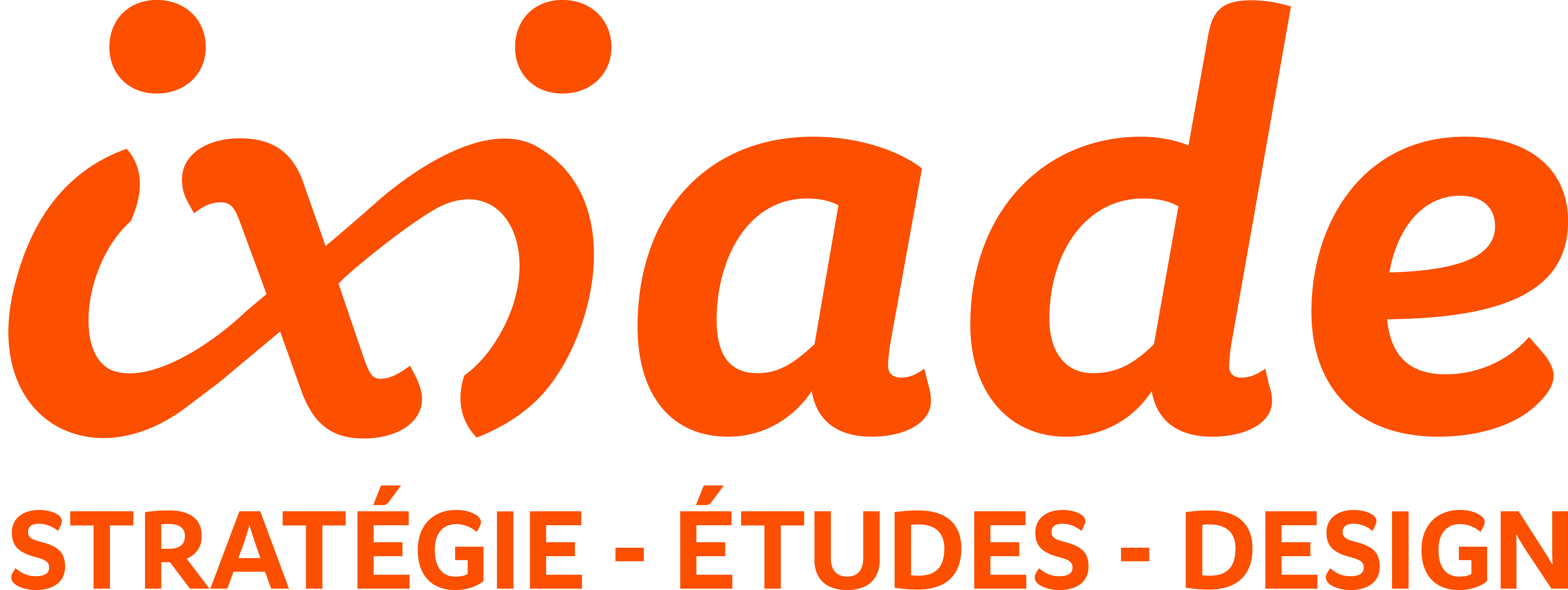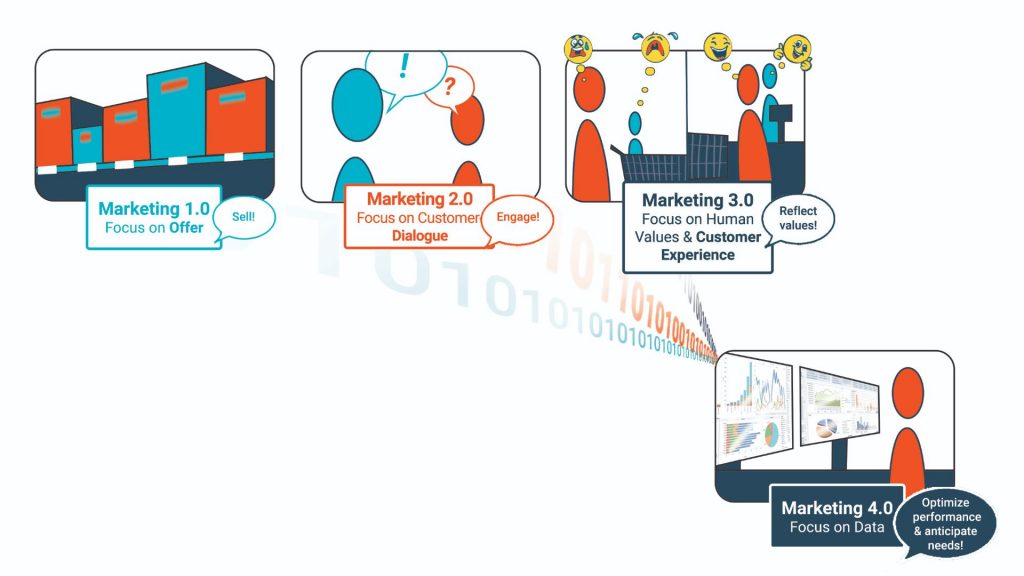Digital transformation is becoming a necessity for companies. The ability to innovate, while moving towards digitalization, its impact on economic activity, internal work processes as well as the relationship with customers, are crucial subjects for companies’ strategic thinking. Introducing the impacts of this digital transformation, by Emmanuelle Kelodjoue, market researcher at Ixiade.
What are the challenges of digital transformation?
The democratization of the Internet to all sectors of the economy has contributed to the massive introduction of data. This mass of data requires analysis for industrial, commercial and marketing purposes. These analyses place consumers at the center of the developed strategies: data on their opinions about the products and services are a goldmine for companies’ marketing stakeholders. Based on these principles, e-reputation is more than ever becoming a key issue for companies, not only to retain their clients, but also to attract new ones. The strengthening of the clients/companies relationship and the desire to best satisfy their needs and expectations are part of a marketing 4.0 approach.
What does the marketing 4.0 bring?
The first marketing practices, called marketing 1.0, focused only on the product and on a functional value proposition. Then the marketing 2.0 took a client orientation by seeking to involve him in the proposed solution. More recently, the marketing 3.0 was focusing on the human being and his values in order to arouse the client’s interest.
Nowadays, digital transformation brings a new way of thinking about marketing. Indeed, the marketing 4.0 is the final transition from traditional to digital marketing. Through the collection, integration, processing and exploitation of big data, via predictive algorithms, machine learning or management tools, the objective is to optimize performances and anticipate needs. Companies must therefore adapt their communication methods and transform the clients’ relation by using new technologies. Thanks to this digital transformation, the collected data make it possible to understand and analyze the clients’ decision journey, to predict or even anticipate their intentions.
But how to integrate the human into marketing 4.0?
Ixiade places the user experience at the heart of each innovation project and uses what could be called a human marketing 4.0. The various projects carried out in the past have shown that users need to identify with the products in order to develop a sense of belonging. This is why the methods proposed by Ixiade are systematically user-centric, such as the “usage prospective” approach, often used in clients’ project support. This approach is indeed based on the ability to analyze the key forces that shape the innovation environment and interact with the user experience, as well as the ability to address key uncertainties.

